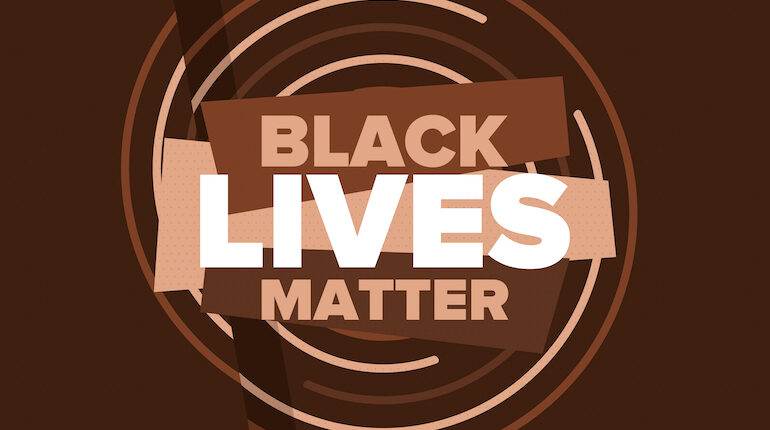
GOOD TROUBLE FOR PEOPLE AND COMMUNITIES THAT NEED IT
Today marks the 56th anniversary of Bloody Sunday on March 7th, 1965. In my mind, there are some ironies that should not escape us all as we review this page in the history of the ongoing struggle for social justice.
I’ll start with name of the site where this barbarous assault took place. A bridge typically unites two sides, yet ironically the Edmund Pettus Bridge in Selma represents for me the divide between institutional and government sanctioned racism on one side (Brigadier General Pettus was after all a seditionist Confederate soldier, local head of the Alabama Ku Klux Klan who later was elected to the US Senate till his death-How’s that for irony?) and a diminished vulnerable population on the other side. The bridge is now considered a National Historical Landmark, but again, here’s the irony: It is not consecrated for its traitorous and murderous namesake, but for the 600 men, women, and children brutalized at the hands of violent state police with Billy clubs and tear gas. Televising the senseless inhumanity of this unprovoked attack on unarmed peaceful protesters (today’s brutality against helpless citizens is often recorded as well) caused a rare but resounding disquiet among the general public. In those days, people were fairly “comfortable” ignoring the ugly cruelties regularly enacted against faceless people of color, yet the worldwide outcry prompted support for Civil rights and sparked ongoing campaigns that resulted in voting rights passing into law in August of 1965.
Each year, there is a pilgrimage across that same bridge, in part to commemorate that fact that a young student activist, John Roberts Lewis’s blood was spilled there. And on this day in 2021, it with somber irony that this former freedom fighter and congressman will not be there to join his constituents or to see the possibility of a bill currently sponsored in his name meant to secure voting protections for the voiceless.
So, while there were many Sundays throughout history that were monikered as ‘bloody”, a final irony is that the purpose for that march (again ironically) held on the first Sunday in March is that the voting rights of the underrepresented are still not secured. WAF salutes the actions and the efforts of people who are continuing to hold agencies of this nation to its founding promise of “life, liberty, and the pursuit of happiness”. We contend that this ideal to move towards a more “perfect union” cannot be met when people are struggling for basic human rights such as peace, dignity, and a fair chance at economic, educational, and social justice. Our Foundation’s work is rooted, not in reforming the powers that proliferate these inequities, it is centered on shining a light on the very people that need relief from the brutal blows that unrelenting poverty rains upon marginalized communities. Our mission is, as our fallen elder John Lewis famously said, to make “good trouble” on behalf of people and communities that need it. #WAF #WeAchieveFoundation #WAF2021 #SocialJustice #JohnLewis #HR4 #goodtrouble



Raynard Gainey
President and founder
Raynard Gainey has spent the last 25 years aiding the underserved. His experiences, education, and employment in human services have amplified his connections with the underprivileged.